15 Sleep Facts To Read Before Bed!
Feeling sleepy? Ready for bed? Check out these 15 fun facts all about the science behind sleep and find out why there’s nothing better than a good snooze!
If you’re in the mood to catch some zzzs, why not check out these 15 fun facts all about sleep! Get ready for slumber by finding out why sleep is so important, how many hours a night you should be getting, famous insomniacs from history, and the crazy length of time someone once stayed awake for! And if you liked this, we’ve got loads more fun facts here! How about these animal fun facts? Or maybe you’re ready for some fun pirate facts! You might even be ready for some awesome archaeology facts!
1. You spend a third of your life asleep
Human beings need a lot of sleep – in fact, we spend around a third of our life asleep! That adds up to about 26 years on average! Not all in one go though, or you wouldn’t get anything done!
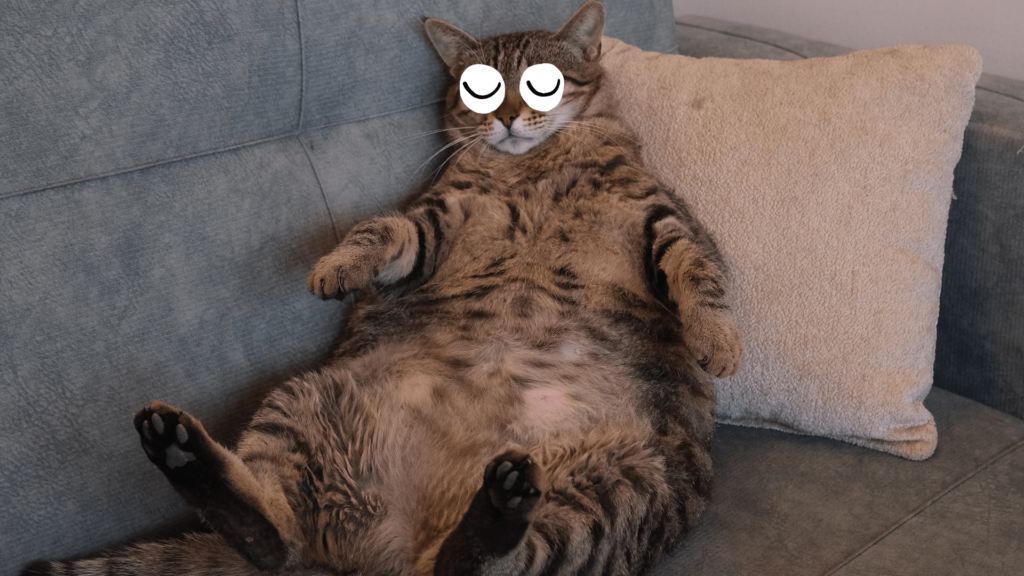
2. Adults need about 7-9 hours a night
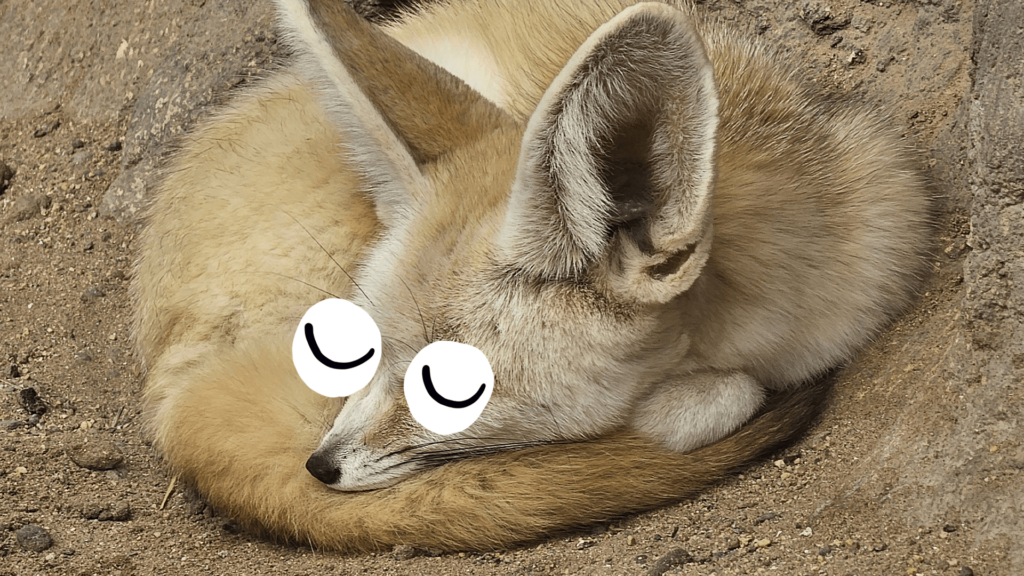
On average an adult will need between 7-9 hours of sleep each night. Some people need a bit more, some people need a bit less, but its roughly 7-9 hours. Sleep is VERY important – it helps us feel more alert, lowers our blood pressure, can increase our lifespans, gives our hearts a rest, boost memory, contributes to weight loss – the list in endless!
3. Babies need the most sleep
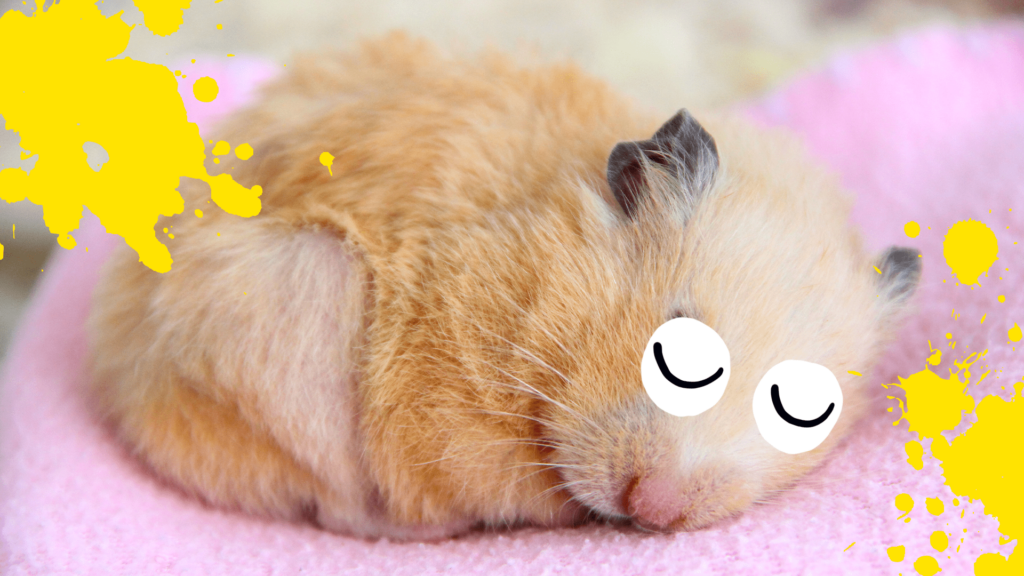
If you’ve ever met a baby, you’ll know they spend a lot of time either crying, pooing or sleeping! New-born babies need anything up to 18 hours of sleep a day! As they get older, they need less – toddlers sleep for about 11-14 hours. That’s still a lot of time asleep!
4. And teens need lots too
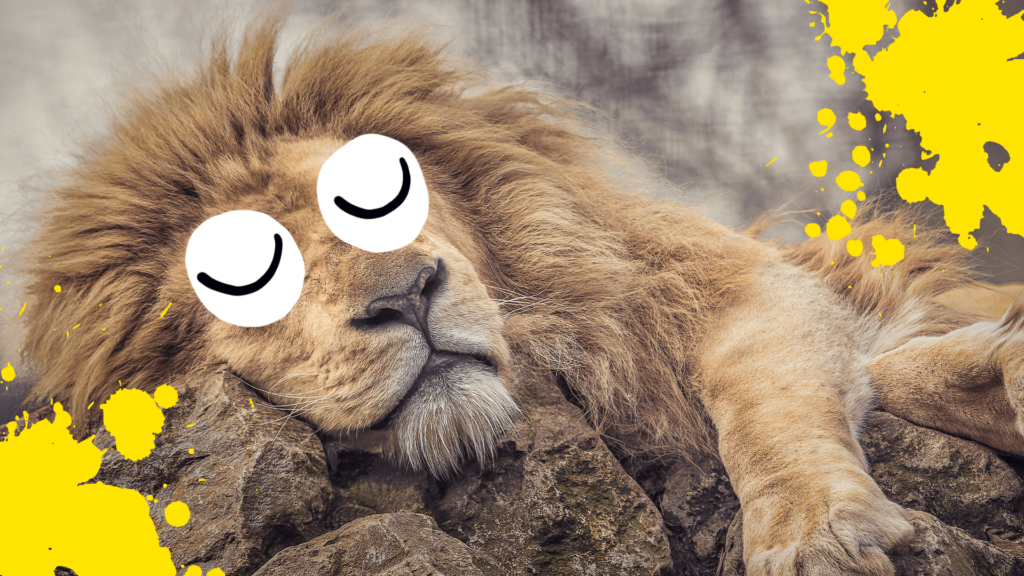
If you know any super grumpy teens, its probably because they’re not getting enough sleep! Teenagers should have about 8-10 hours of sleep every night, but homework, social media and doom scrolling will often keep them up!
5. Some animals never sleep
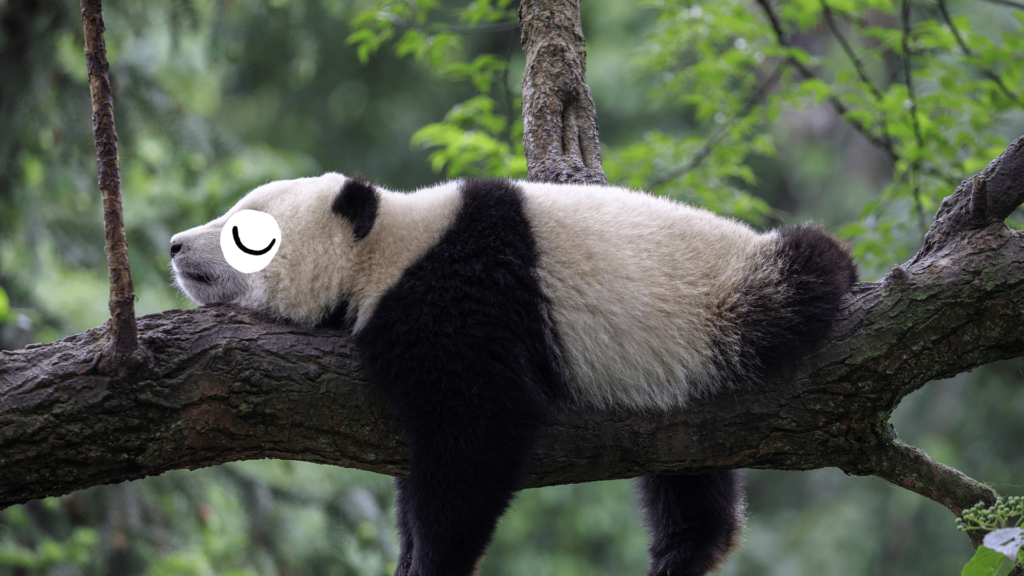
Humans definitely DO need sleep, but that’s not true for all animals! Some animals, like the bullfrog, enter a state of ‘dormancy’ instead of sleep, where their activity decreases and they stay very still. Sort of like sleep, but awake! Lots of sea creatures don’t need much sleep either – bluefish never sleep, as they need to keep moving to avoid predators. The Alpine swift is a bird that never sleeps – instead, it enters a sleep like state whilst flying!
6. Good sleep is called sleep hygiene
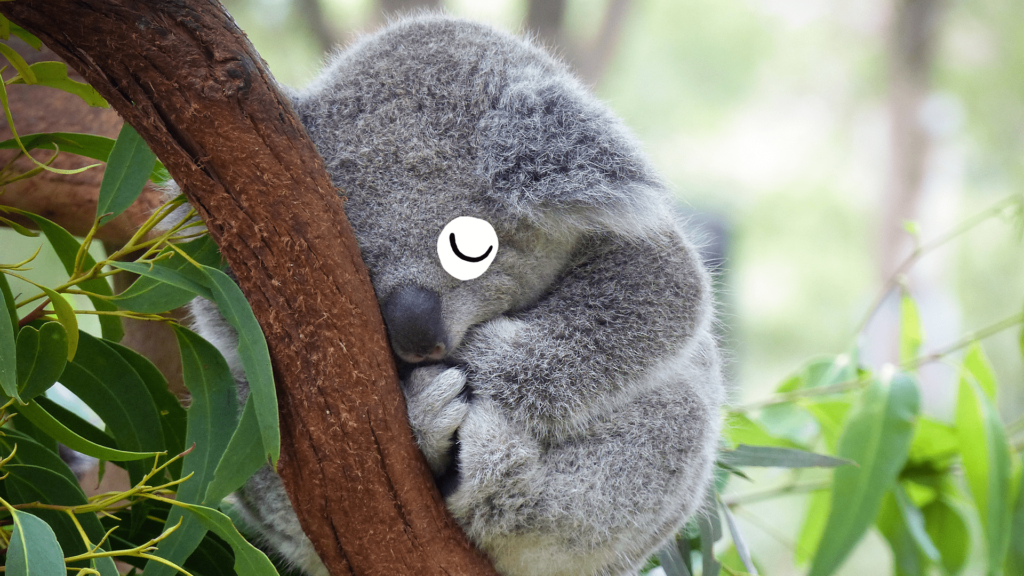
The phrase for sleep health is ‘sleep hygiene’ and it covers everything you need to get a good night’s sleep. For good sleep hygiene you should have a comfy bed, a dark room, no electronic distractions and not be too hot or cold. How does your sleep hygiene measure up?
7. The longest anyone has gone without sleep is 11 days and 24 minutes
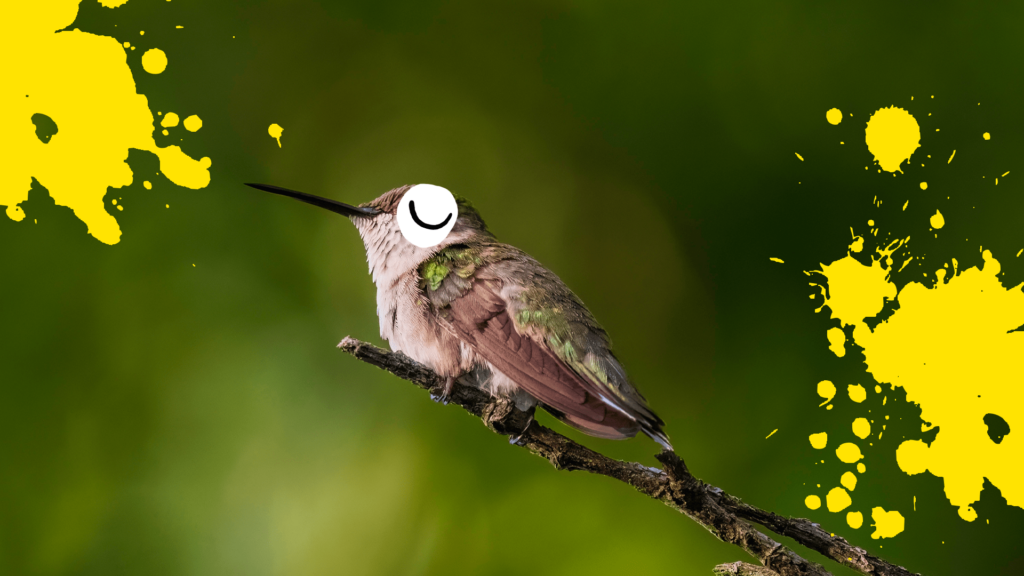
The world record holder for longest without sleep is Randy Gardner, who stayed awake for over 11 days back in 1964, when he was aged 17. Apparently, this lack of sleep greatly affected his ability to do things, but he still went to school the day after the experiment was over! The Guinness Book of World Records no longer keep track of sleep, because repeating his experiment would be very dangerous! You can actually die if you don’t get enough sleep!
8. People used to dream in black and white
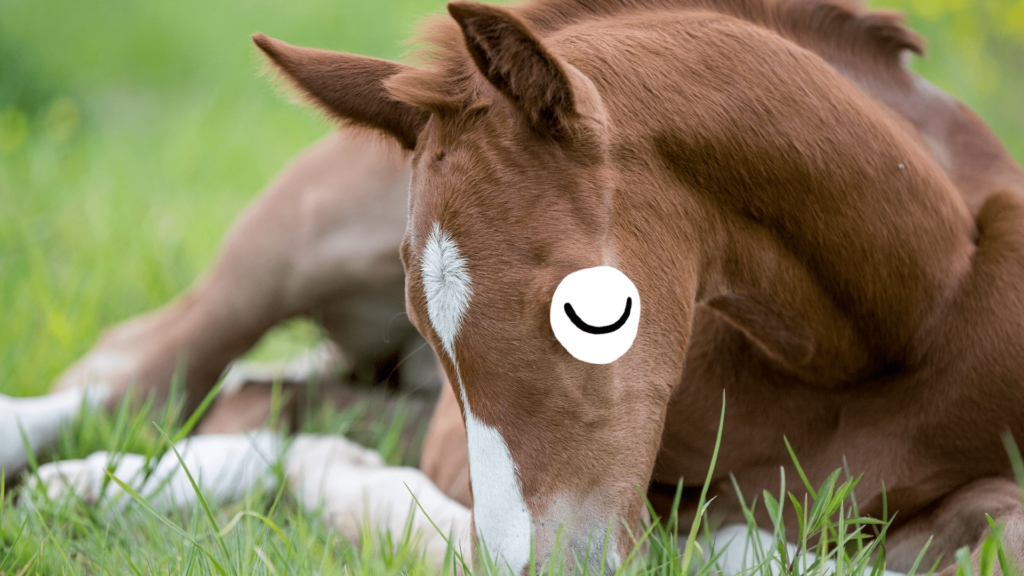
Nowadays, most people dream in colour. But did you know that before the invention of colour television, most people dreamt in black and white? It seems that the TV had a big influence on our dreams!
9. Dolphin’s brains sleep in turns

Dolphins need to stay awake so they can come up for air, so their brains do something rather unique to help them get some rest! One half of a dolphin’s brain will sleep, whilst the other stays awake! Do you wish you could do that?
10. You sleep in cycles
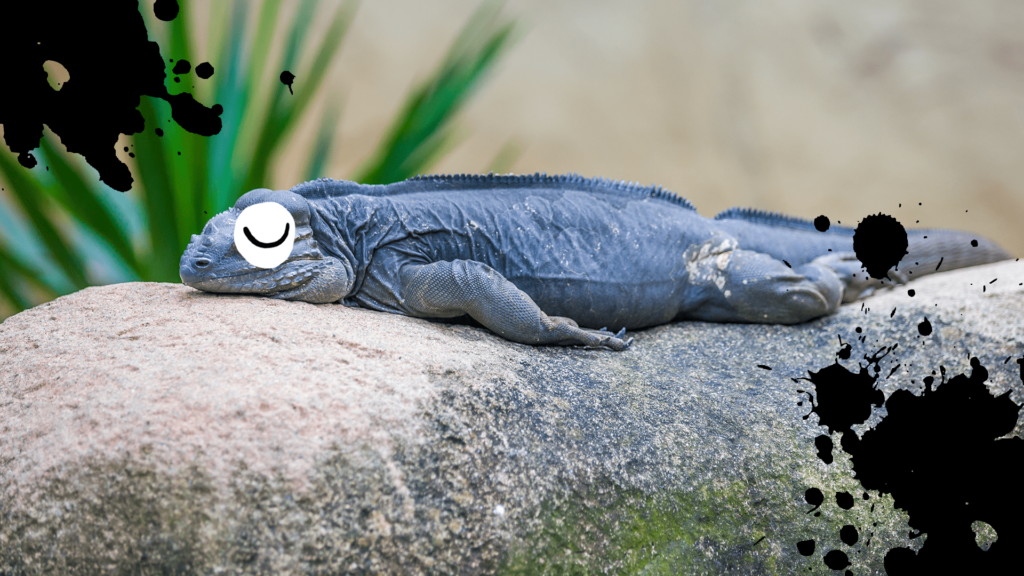
Sleep isn’t just one continuous period of unconsciousness -your brain is doing things all the time. There are five stages of sleep: Wake, N1, N2, N3 and REM (No, not the band). N1, N2 and N3 are deep sleep stages, which get deeper each time. This is most of your sleep. REM – or Rapid Eye Movement – is the stage where you are dreaming and your brain is highly active. You don’t get as much rest during REM, though.
11. Napping can be good for you
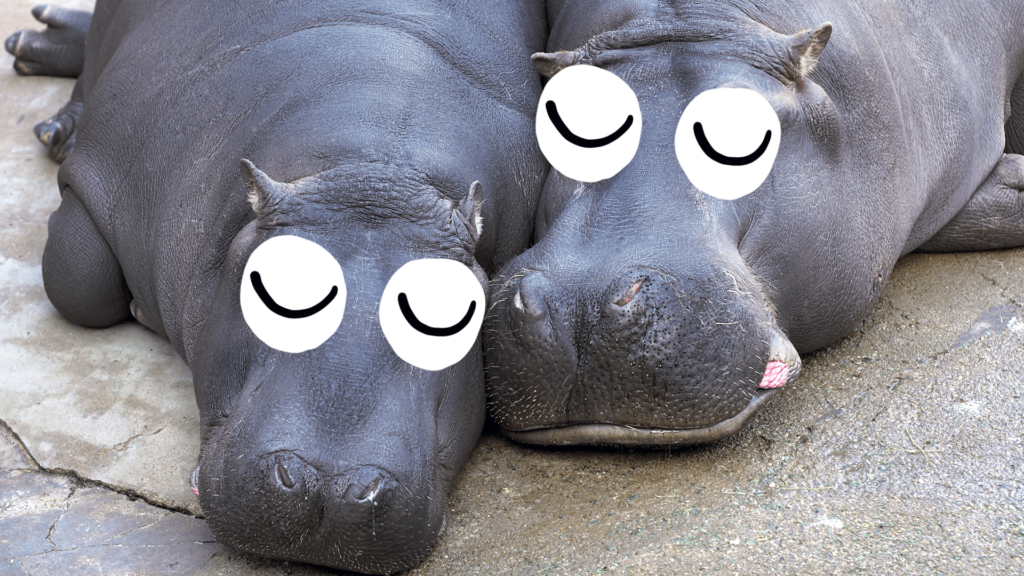
Naps aren’t just for babies! Studies show that a quick ‘power nap’ of about 20 minutes can help boost your energy, especially around 2pm when our bodies tend to flag. Have you tried a power nap?
12. Some animals sleep standing up
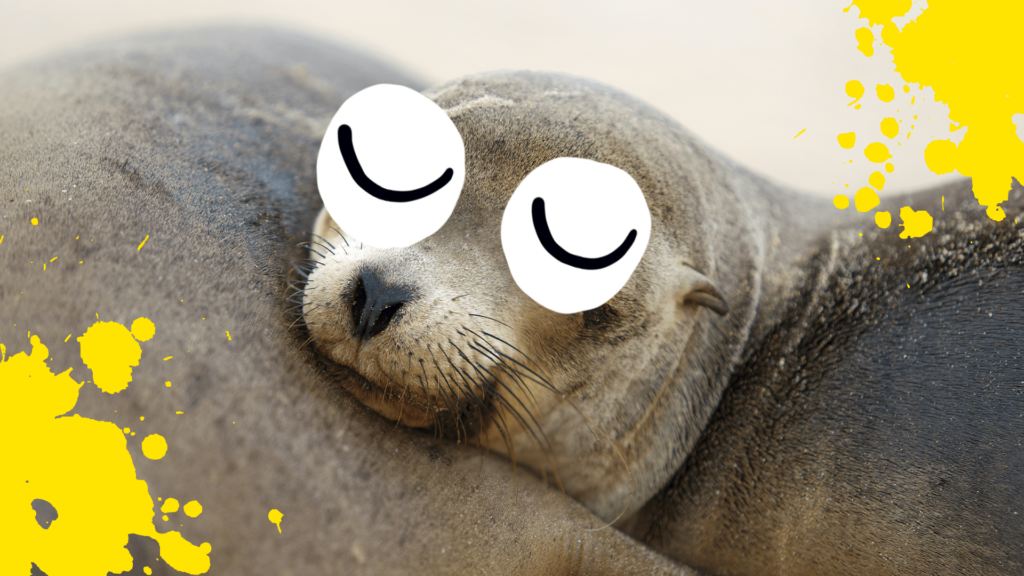
Humans like to sleep lying down, but not everyone does! Some animals actually sleep upright! This includes horses, bison and zebras, who all sleep standing up, and some birds as well. This is because they need to be ready to get away from any predators that may creep up whilst you’re napping!
13. Your sleeping position may say something about you
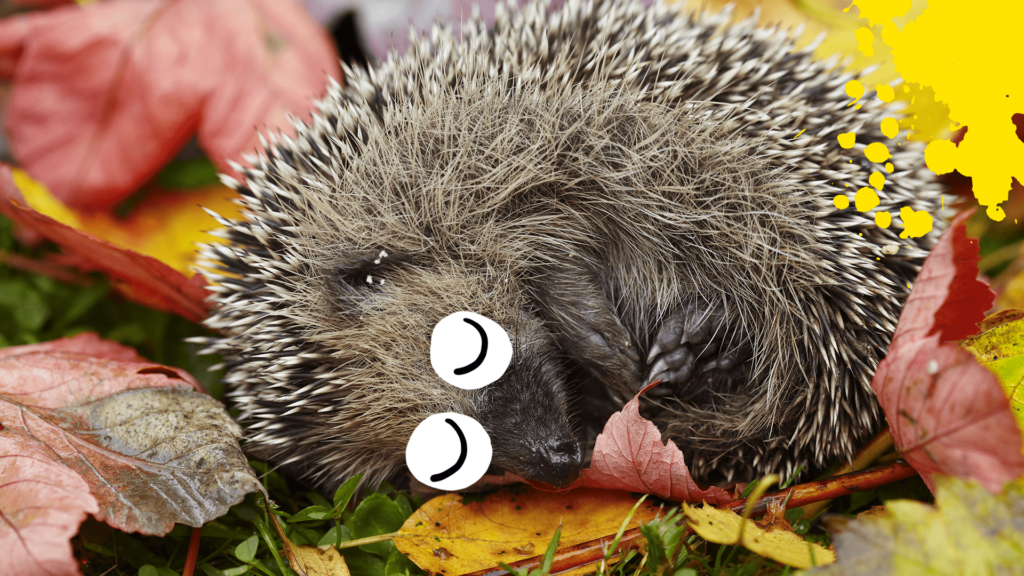
How do you sleep? On your side, curled up, on your front? Apparently, the way you sleep says a lot about you. According to some researchers, if you sleep on your back you’re more likely to be confident, whilst people who sleep in the foetal position tend to be more anxious. If you sleep with your arms and legs reaching out, you may be a cynical person. What do you think? Do you think there’s any truth to the idea that your sleeping position says something about your personality?
14. Insomnia is the word for struggling to sleep
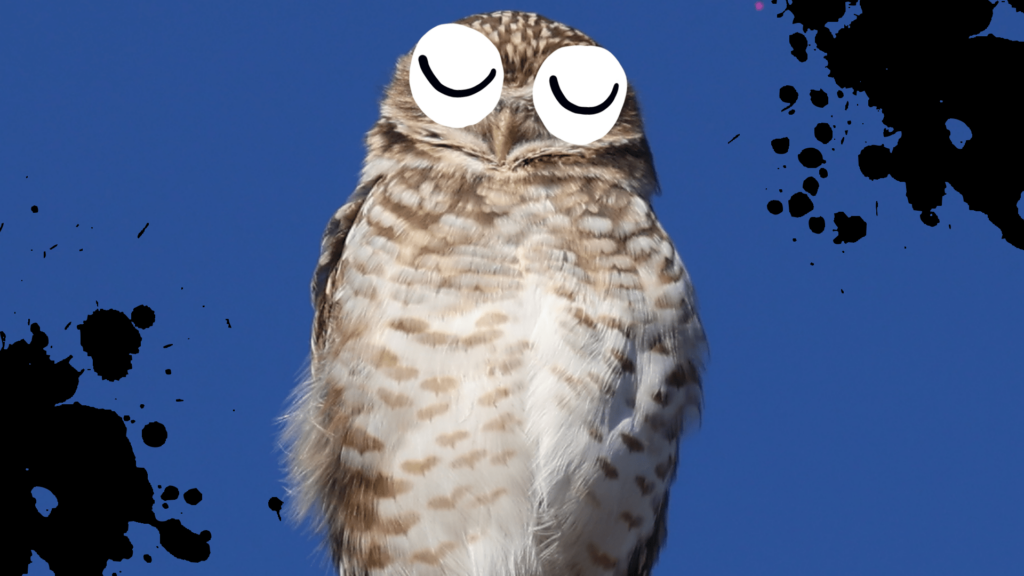
If you’ve ever struggled to get to sleep, you might be an insomniac – someone who struggles with sleep. Symptoms include feeling ‘wide awake’ at bedtime, taking a long time to fall asleep and struggling to get up in the morning. Famous insomniacs throughout history include Napoleon, Marilyn Monroe and Roman Emperor Marcus Aurelius.
15. The internet is bad for sleep
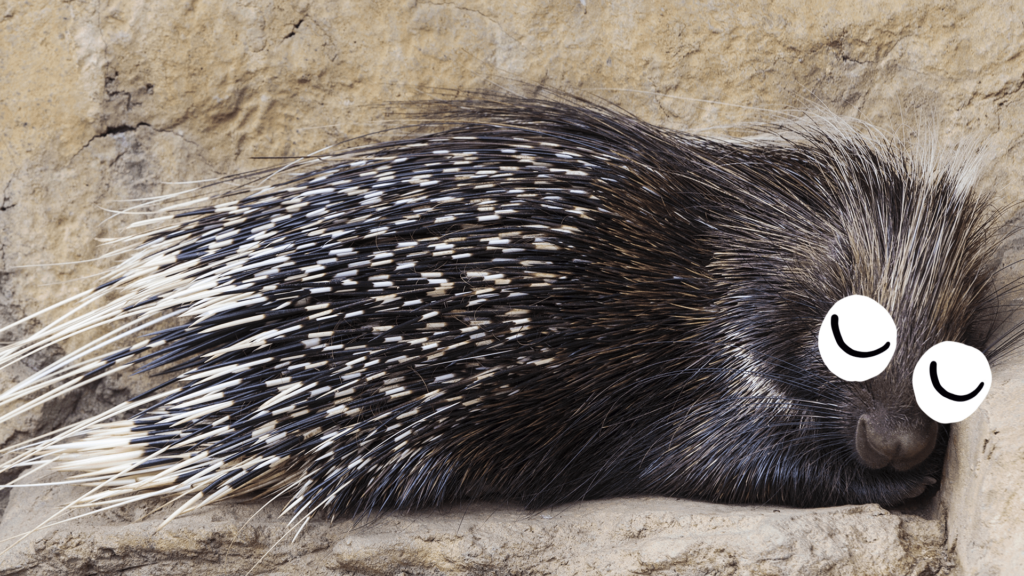
We hope you’re not reading this when you’re meant to be asleep, because it won’t be good for you! Studies show that the blue light that comes off technology like laptops and smart phones interferes with our sleep patterns and confuses our brains, making it more tricky to go to sleep. For a really good night’s sleep, try turning off your electronics an hour before bed!














